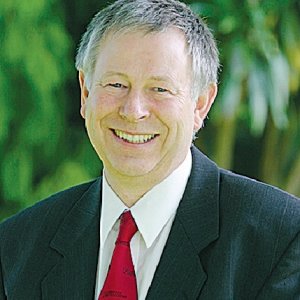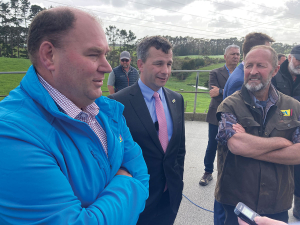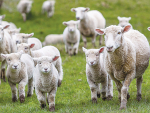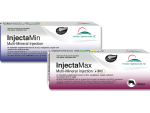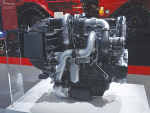The genetics and herd management company earned $120 million in the six months ending November 2011, compared to $112m for the same period in 2010. Underlying earnings were $28m compared to $24.9m in 2010-11.
Outgoing chairman Stuart Bay says it's satisfying in his last year heading the board to report on a period when some long-standing frustrations of dairying were eased.
"The result reflects farmer demand for our genetics, our world renowned artificial breeding service and herd improvement products. But the last six months have been significant because we've provided solutions for some jobs that can be frustrating," he says. These jobs are herd testing, reproductive solutions, BVD testing, oestrous detection and parentage identification.
LIC's business, particularly artificial breeding, is highly seasonal. The half year results, since they incorporate the majority of the AB revenues – but not a similar proportion of total costs – are not indicative of the second-half result so therefore the full-year result.
The co-op's balance sheet remains strong with total equity of $199.7m ($191.4m). Compared to November 2010, the key changes in the balance sheet are investments and derivatives $10m more than last year due to the loan to Agria, a major shareholder in PGW Wrightson.
While not a direct stakeholder in PGW, LIC says its strategic interest is in supporting PGW's agritech businesses – seeds, AgriFeeds and grain.
The half-year report also notes an $8.3m increase in fixed and intangible assets, reflecting LIC's "strong ongoing capital expenditure programmes".
Farmers are delighted with new ways to make old practices less time-hungry and more reliable, Bay says. "It's also clear farmers are focusing on improving productivity and see the value LIC products deliver, with activity levels up for genetics, herd testing, Protrack, ear tags and disease tests."
Confidence is rebuilding in the industry, Bay says. Favourable weather gives confidence the second-half trading conditions will remain positive for LIC, he says.

